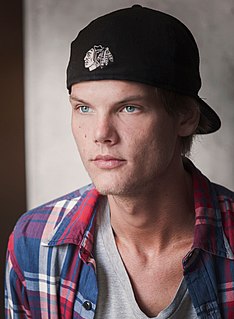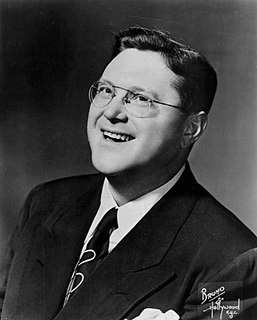A Quote by Karen Kingston
Keeping things 'just in case' indicates a lack of trust in the future.
Related Quotes
I always used to travel without a passport case, and because of it I think I'm four passports in. I bought this small Tumi case to protect my new one, and it works really well, not just for protecting it but also for keeping credit cards and small stuff. I just throw it in my bag when I'm traveling, as opposed to stuffed in my pocket.
Remember always that there are two things which are more utterly incompatible even than oil and water, and these two are trust and worry. Can you call it trust, when you have given the saving and keeping of your soul into the hands of God, if day after day you are spending hours of anxious thought and questionings about the matter? When believers really trust anything, they cease to worry about the thing they have trusted.
When the trust is high, you get the trust dividend. Investors invest in brands people trust. Consumers buy more from companies they trust, they spend more with companies they trust, they recommend companies they trust, and they give companies they trust the benefit of the doubt when things go wrong.
Trust perfected is prayer perfected. Trust looks to receive the thing asked for and gets it. Trust is not a belief that God can bless or that He will bless, but that He does bless, here and now. Trust always operates in the present tense. Hope looks toward the future. Trust looks to the present. Hope expects. Trust possesses. Trust receives what prayer acquires. So, what prayer needs, at all times, is abiding and abundant trust.
In practice, some come to see easily, some with difficulty. But whatever the case, never mind. Difficult or easy, the Buddha said not to be heedless. Just that--don't be heedless. Why? Because life is not certain. Wherever we start to think that things are certain, uncertainty is lurking right there. Heedlessness is just holding things as certain. It is grasping at certainty where there is no certainty and looking for truth in things that are not true. Be careful! They are likely to bite you sometime in the future!
Everything is deception: seeking the minimum of illusion, keeping within the ordinary limitations, seeking the maximum. In the first case one cheats the Good, by trying to make it too easy for oneself to get it, and the Evil by imposing all too unfavorable conditions of warfare on it. In the second case one cheats the Good by keeping as aloof from it as possible, and the Evil by hoping to make it powerless through intensifying it to the utmost.



































